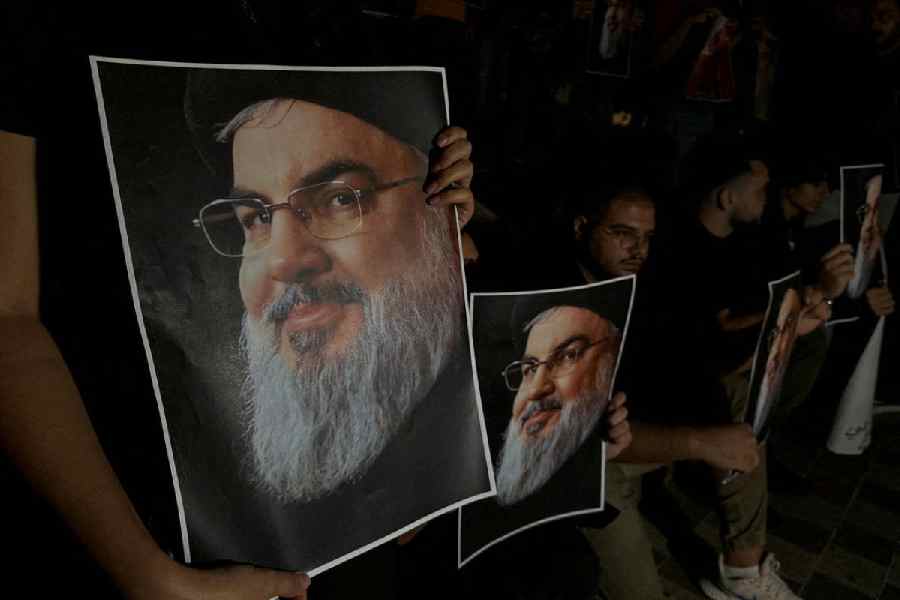After weeks of steady escalation in tension with Hezbollah, Israel assassinated the Lebanese armed group’s long-time leader, Hassan Nasrallah, last Friday, using bombs that wiped out a block of residential buildings in Beirut. The killing of Mr Nasrallah was preceded and followed by intense Israeli bombing of many parts of Lebanon, killing over 700 people, including more than 50 children. These missile strikes, including the deaths of Mr Nasrallah and other senior Hezbollah leaders in recent days, mark a dramatic turning point for the Middle East, with Israel making it clear that it wants to expand its war on Gaza into Lebanon. The chief of staff of Israel’s army has indicated that the country might soon launch a ground invasion into Lebanon and senior Israeli politicians have suggested that with Hezbollah weakened, their army should try to finish off the group. Yet, despite Israel’s claims that it is targeting Hezbollah, its strikes in the densely-populated parts of Lebanon increasingly bear a resemblance to its approach in Gaza where too it claims to be fighting Hamas but has killed more than 41,000 people — mostly civilians.
However, if a broader regional war now appears almost inevitable, the biggest responsibility lies with the United States of America and the stunning diplomatic failures of President Joe Biden. In late May, Mr Biden announced that Israel had agreed to an enduring ceasefire in Gaza. Within hours, the Israeli prime minister, Benjamin Netanyahu, rebuked him, insisting that the war would continue. Last week, the US and its allies announced an Israel-Lebanon ceasefire deal. Mr Netanyahu promptly rejected that plea and ordered Mr Nasrallah’s assassination using bombs supplied by the US. Like on countless occasions over the past year, when publicly humiliated by Mr Netanyahu, Mr Biden blinked, issuing a statement supporting its ally’s actions in Lebanon. Israel knows well that assassinating leaders of political groups does not break them — it only breeds a new generation of fighters. Mr Nasrallah’s predecessor as Hezbollah chief was killed too, as were numerous Hamas leaders. What is unclear is how this war will spiral in the near future. Will Iran, itself weak, drop its restraint and feel compelled to join the conflict more directly after the hits taken by Hezbollah, one of its closest allies? Mr Biden will soon leave office but the Middle East will be suffering the consequences of his policy failures for years to come.











